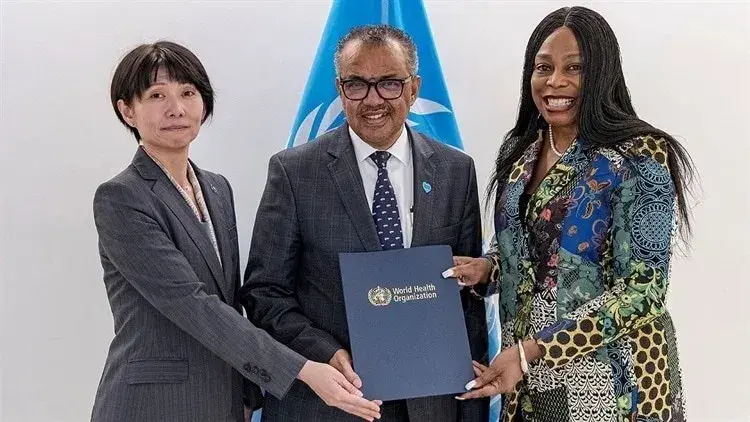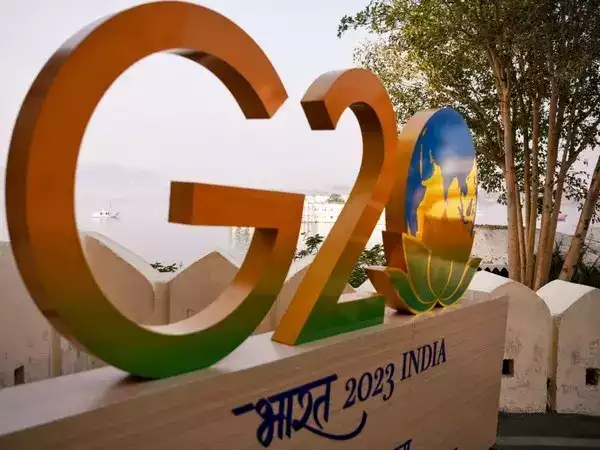WHO and FIND Join Forces to Accelerate Diagnostic Innovation and Access
FIND and the World Health Organization (WHO) have signed a new Memorandum of Understanding (MoU) that lays the foundation for accelerating innovation and achieving equitable access to quality diagnostics for people globally. One year on from the historic resolution to strengthen diagnostics, and with FIND as co-lead of the Access to COVID-19 Tools (ACT) Accelerator diagnostics pillar, this new agreement marks a step change in a strengthened partnership between WHO and FIND to speed up both innovation and access to diagnostics, supporting countries to implement the World Health Assembly (WHA) Resolution on diagnostics. “We are proud to be signing this MoU with WHO, as quality and accessible diagnostic testing is the backbone of health systems, primary healthcare and health security,” said Dr. Ayoade Alakija, Board Chair of FIND. “At a time when there have been three cases of H5N1 avian flu spillover events from cows to humans in the last month and an outbreak of mpox in the Democratic Republic of the Congo, the importance of diagnostic testing to identify outbreaks and quash them before they become major epidemics or even pandemics has never been more critical.” This new agreement establishes FIND as the key strategic partner for diagnostics, working with WHO and others to address a number of priority areas including antimicrobial resistance, infectious diseases like HIV, malaria and tuberculosis, and noncommunicable diseases like hypertension, heart disease, cervical cancer and diabetes. Signed on 1 June 2024 at a ceremony attended by Dr. Tedros Adhanom Ghebreyesus, Dr. Yukiko Nakatani (Assistant Director-General), and Dr. Ayoade Alakija (Board Chair of FIND), the MoU will also see the two organizations building new avenues to share knowledge and scale up critical activities to accelerate access to life-saving diagnostics. The signing of this MoU formalizes a long-standing partnership between WHO and FIND and marks a major milestone in the journey towards better health and well-being across the world. By leveraging the strengths and expertise of both WHO and FIND, this partnership promises to drive innovation on diagnostic tests and also improve access to the tests to reduce health inequalities, ultimately leading to a healthier future for people everywhere.


